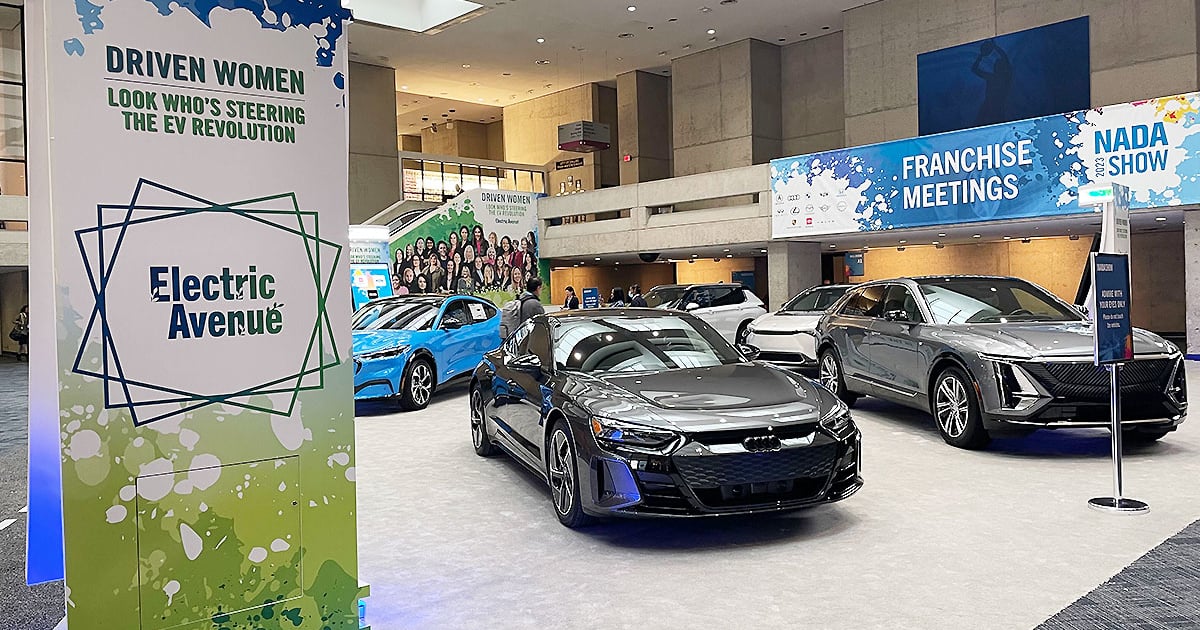
WASHINGTON — Dealers in the coming months will be able to sign up for preapproval for point-of-sale tax credits on new and used electric vehicles, a senior Treasury official told reporters Thursday. Details were not yet clear.
Starting in January, consumers will be able to transfer EV tax credits of up to $7,500 to dealers at the point of sale so those funds can be applied to the down payment. The credit transfer is allowed under the Inflation Reduction Act’s Section 30D credit for new EV purchases and the consumer incentive for used EVs, known as 25E.
“In the next few months, dealers will be able to register via an online IRS portal,” Assistant Secretary for Tax Policy Lily Batchelder said in the press briefing. “In January, registered dealers will be able to submit ‘clean vehicle’ sales information to the IRS and promptly receive payments for transferred credits.”
The U.S. Treasury Department also said it plans to issue more guidance by Dec. 31 that is crucial to the act’s EV tax credits and other incentives, including a much anticipated rulebook on the “foreign entity of concern” provision.
The Treasury outlined those priorities and others as the department moves into the next phase of implementing President Joe Biden’s sweeping climate law, which has sparked major investments in the U.S. by companies racing to secure a spot in a domestic EV supply chain.
“Our focus in this phase is boosting America’s manufacturing to create good-paying jobs and strengthening security to remove chokepoints that will hurt our ability to lower costs and meet our economic and climate goals,” Deputy Treasury Secretary Wally Adeyemo told reporters Thursday.
Adeyemo said the department will continue to engage with stakeholders on guidance that was issued in the first phase of the law’s implementation — such as the battery component and critical mineral sourcing requirements in the 30D tax credit — and will “consider updates and revisions” as necessary.
In this next phase of implementation, the Treasury said it expected to issue guidance on several major incentive programs, including the 45X advanced manufacturing production tax credit, 30D’s foreign entity of concern provision and the 45V clean hydrogen credit.
Automakers and their battery partners have been especially anxious about how strictly the Treasury will define and enforce the foreign entity of concern provision, which blocks tax credits for new EVs containing any battery components from producers controlled by countries such as China starting in 2024 and critical minerals from such producers starting in 2025.
The answer will be vital to automakers such as Ford Motor Co., which has a licensing agreement with a Chinese battery company to leverage its technology at a planned $3.5 billion battery plant in Michigan. Republican lawmakers are probing the partnership.
Batchelder did not provide details on the forthcoming guidance but said it “will help ensure clean vehicles sold in the U.S. use critical minerals and battery components that are sourced here at home or from friendly nations abroad.”
The Treasury said the IRS will be rolling out online portals for the EV tax credits and other incentive programs before the end of the year.